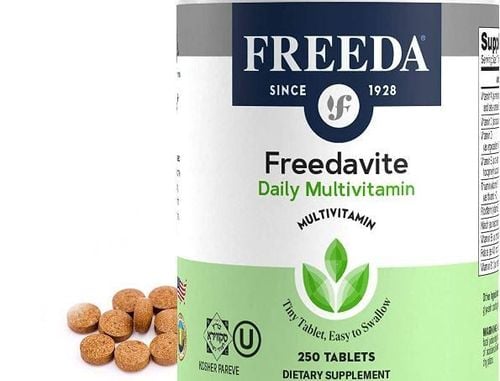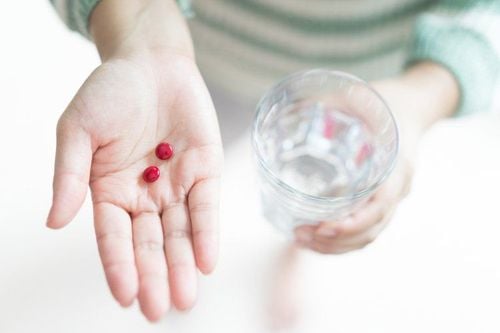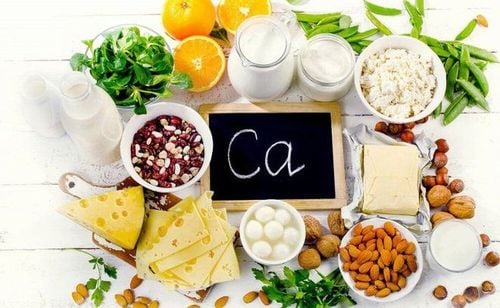Specialist Doctor II Ho Viet Le Diem - General Internal Medicine - Department of Examination & Internal Medicine - Vinmec Central Park International General Hospital wrote this article.
Calcium supplements help prevent osteoporosis in the elderly, strengthening the bones of women who are pregnant or postpartum. This article will explain when to take calcium, in relation to meals, for the best results.
1. Drink calcium before or after meals?
Calcium is one of the important elements for the healthy development of the human body. Calcium forms bones, skulls, and teeth. It helps with blood clotting and muscle contraction. In children, a lack of calcium stunts growth, and causes hair loss, night crying, and sweating. It also delays walking and makes them sick more often. Calcium deficiency in pregnant and lactating women causes pain in the muscles, joints, back, shoulders, and neck. It can also lead to hair loss, cramps, postpartum back pain, and early osteoporosis. For the elderly, calcium deficiency is extremely dangerous due to osteoporosis and fragile bones.
Understanding the importance of calcium, people should get calcium from foods and pills. However, not everyone knows how to eat and drink calcium supplements to absorb calcium better.
Nutritionists say to take calcium at about 7 am - 8 am to help absorption and to reduce the risk of calcium accumulation in the kidneys and urinary tract. In addition, do not drink calcium before eating. It can affect the stomach, say experts.
Therefore, it is best to take calcium an hour after breakfast. You can eat on the patio, vitamin D from the sun will help calcium synthesis and maximum absorption.
In addition, you can also take calcium an hour after lunch. An adult needs about 1000 mg of calcium a day. So, taking calcium twice after breakfast and lunch allows the body to absorb it slowly and effectively.
Note that calcium should not be taken in the afternoon or evening, especially after 9 pm. If you are taking other antibiotics, take them two hours apart from calcium. Do not drink calcium with milk, coffee, fruit juice, etc. Avoid salty foods, too as they increase calcium loss due to excretions in the urine.
Pregnant women need to load about 1000 mg of calcium and 200 mg of DHA daily. Taking both calcium and DHA at the same time does not affect their absorption. However, for the best absorption of these two substances, note that:
- DHA should be taken right before or after meals.
- Calcium is taken 30 minutes before or after meals.
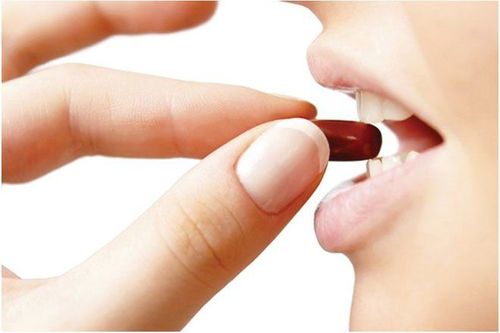
2. How much calcium should be given?
Besides being interested in the time taking calcium, you also need to know how much calcium is enough. Every day, we lose calcium from our sixty trillion cells. It happens through sweat and excretion, even at rest. Calcium requirement varies from body to body. Pregnant and postpartum women, as well as the elderly, need more calcium than others. Pregnant women need about 1000-1200 mg of calcium daily.
For kids, both calcium deficiency and excess are bad. So, it is important to calculate the right dosage for each age. Provide them about 2 - 3 times annually, each period interval from 3 to 4 weeks. In addition, your child should go outdoors regularly to get vitamin D from the sun.
As analyzed above, even at rest, calcium is always lost every second, every minute. Even though consuming a lot of calcium-rich foods, adults excrete up to 80% of them. Phosphorus causes calcium to form insoluble salts. So, avoid eating phosphorus-rich foods. Eating foods rich in fiber or whole wheat bread, corn, and wheat reduces absorbing calcium. Avoid eating foods containing oxalate because it inhibits calcium absorption.
3. Notes on calcium supplements
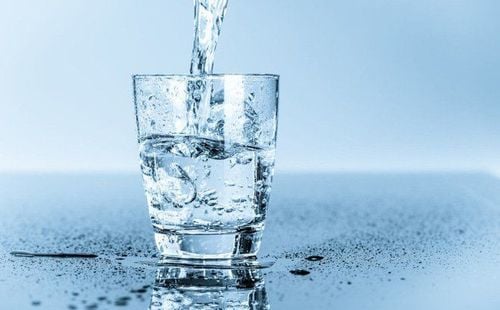
- Vitamin D helps absorb calcium more perfectly. A lot of them are found in eggs, red meat, milk, butter... and in the sun. Taking vitamin D along with calcium is recommended for osteoporosis.
- Protein-rich meals make calcium excretion increase.
- Drink plenty of water while taking calcium supplements to avoid kidney stones.
Calcium from food is partly absorbed by the intestines. About 70-80% of it is stored in the stool, especially with a lot of cellulose-containing foods. Inadequate fat digestion significantly diminishes calcium absorption. To maintain good health, limit your intake of fats, proteins, and salty foods. It’s important to organize a menu that provides adequate nutrition for each meal.
Please dial HOTLINE for more information or register for an appointment HERE. Download MyVinmec app to make appointments faster and to manage your bookings easily.




